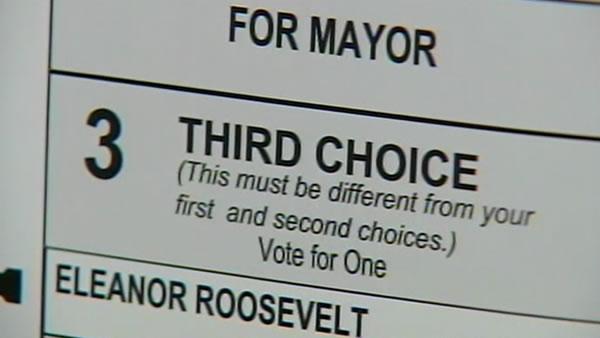Environment
Bamboo Bikes for the People
|
Craig Calfee, an elite bicycle designer, makes high quality, fully functional bicycles out of bamboo that sell for over $2,000 in the United States.
Now, Calfee has launched Bamboosero Bikes, which will bring a priced-down version of his eco-friendly bicycles to rural communities in sub-Saharan Africa, according to industry journal Bicycle Retailer.
Most bikes in Africa are cheaply made imports from China and India.
Calfee has designed a cargo bike made from locally grown bamboo that is more appropriate for heavy loads and bumpy roads than imported bikes.
The bikes, which are said to be fully sustainable and require no power tools to make, are intended to to give rural Africans better transport options, and to foster a bike-building cottage industry.
–Julia Hengst/Newsdesk.org
Source:
“Africans Mold Bamboo into Cargo Bikes”
Bicycle Retailer and Industry News, March 2, 2009


